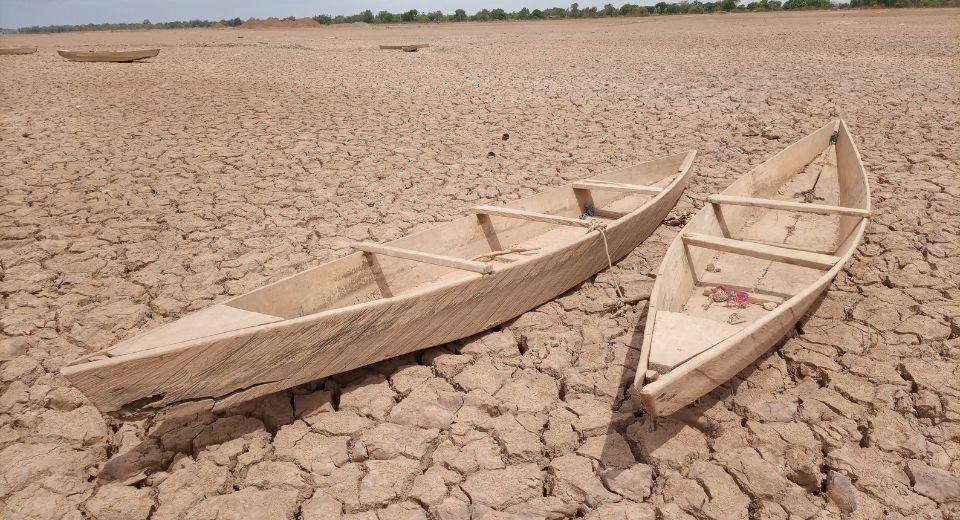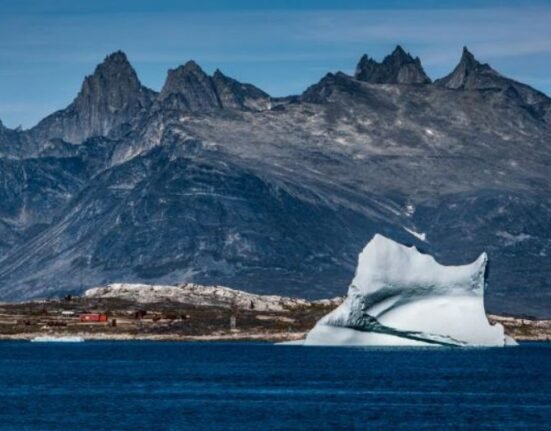HQ Team
November 30, 2022: The planet got drier than usual during last year, according to the WMO.
The UN agency stated that about 3.6 billion people have inadequate access to water at least one month per year, which may increase to more than five billion by 2050.
In Africa, major rivers such as the Niger, Volta, Nile and Congo had below-average water flow in 2021. The same trend was observed in rivers in parts of Russia, West Siberia and Central Asia.
At the same time, there were above-normal river volumes in some North American basins, the North Amazon and South Africa.
The State of Global Water Resources report by the UN’s World Meteorological Organization stated the same trend in China’s Amur river basin and northern India.
Cascading effect
The impacts of climate change often occur through water – more intense and frequent droughts, more extreme flooding, erratic seasonal rainfall, and accelerated melting of glaciers.
It had a cascading effect on economies, ecosystems and all aspects of our daily lives, said WMO Secretary-General Petteri Taalas.
“And yet, there is insufficient understanding of changes in the distribution, quantity, and quality of freshwater resources.”
There is a lack of accessible verified hydrological data globally, according to the report — the agency’s first on global water resources.
Despite river flow variations, overall terrestrial water storage was classified as below normal on the west coast of the United States, in central South America and in Patagonia.
It was also below normal in North Africa, Madagascar, Central Asia, the Middle East, Pakistan and North India.
Negatives stronger
“Overall, the negative trends are stronger than the positive ones”, according to the WMO, with several hotspots emerging, including Patagonia, the Ganges and Indus headwaters, as well as the southwestern US.
The arid areas included South America’s Rio de la Plata area, where persistent drought has affected the region since 2019.
The cryosphere — glaciers, snow cover, ice caps and permafrost — is the world’s most extensive natural freshwater reservoir.
“Changes to cryosphere water resources affect food security, human health, ecosystem integrity and maintenance, and lead to significant impacts on economic and social development,” according to the report.
Flash floods
It sometimes causes river flooding and flash floods due to glacier lake outbursts.
With rising temperatures, the annual glacier run-off typically increases at first until a turning point, often called” peak water”, is reached, upon which run-off declines.
The long-term projections of glacier run-off and the timing of peak water are critical inputs to long-term adaptation decisions, according to the report.








